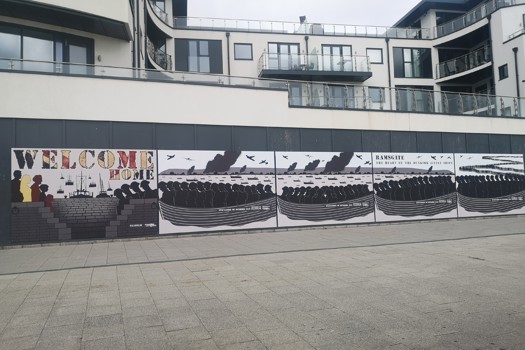Royal Mail's statistics, which date back to 2004, show that volumes in the charity sector have grown steadily from 340m to 412m in 2007. However, 2008 showed a 0.7% drop, with volumes dipping to 409m.
As reported last month the charity sector is being hit by an increase from 3.32% in 2007/08 to 4.64% in 2008/09 in monthly donation cancellations, according to direct debit handler Rapidata.
Charities are now showing a trend towards online promotion, with the Royal Society for the Protection of Birds switching from direct mail campaigns to online fundraising, following requests from supporters for e-communications.
However, direct mailing gurus insist that the medium is still has a bright future. Richard Higginbotham, marketing manager at Merseyside-based CDMS, told PrintWeek that direct mailing still plays a key part in the marketing mix
"Direct mailing has the ability to inspire emotions and it gives the recipient something they can take away with them. Runs will go down, but this is partly due to the more targeted, personalised campaigns, which are something that companies really should be looking into," he added.
Alastair Smith, sales director at north east direct mailer NEMC, added that he expected another upturn in direct mailing volumes after the recession, because companies tend to cut down on acquisitive campaigns, instead focusing on existing client bases.
"We are seeing an end to the 'carpet bombing', large-run approach to direct mailing. It will become more targeted, especially with environmental concerns being of increasing importance. Research shows that multi-channel campaigns are the most successful, so expect direct mailing to play an important part for many years yet."
According to the Charities Commission's latest survey, more than half of charities (52%) admitted that they were feeling the effects of the recession in February, compared with 38% when the survey was carried out in September.
Charity DM volumes hit by recession and online competition
Direct mailers are standing by the medium despite the first ever drop in charity sector direct mailing volumes alongside the rising popularity of digital communications.








